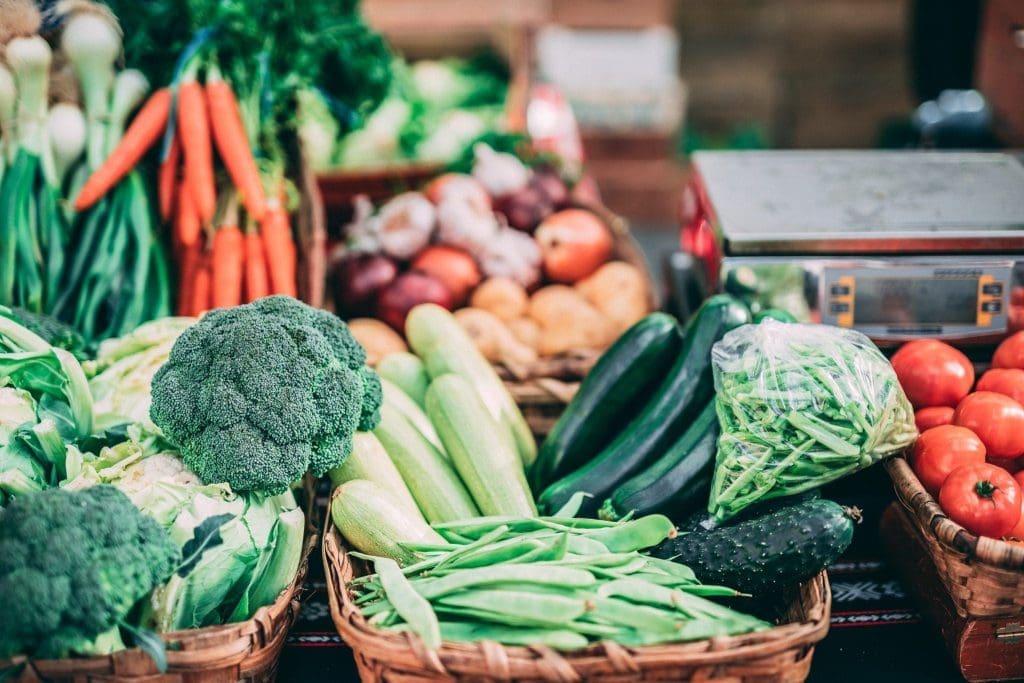New Jersey has been known as the “Garden State” since 1876, when a man named Abraham Browning said the state is a barrel filled with tasty foods, open at both ends so Pennsylvanians and New Yorkers can eat, too. But New Jersey feeds more than just a tri-state area. It provides various foods to consumers all across the U.S., known especially for its vegetables. Summer makes for a great growing season and the perfect time to grab some at a local farm stand! Here is a list of five must-try New Jersey vegetables.
Corn
New Jersey-grown corn is some of the sweetest and most delicious in the entire U.S. Actually, the state is ranked ninth in the country in sweet corn production. Corn has been around for thousands of years, and it was a vegetable given to European settlers by the Iroquois Native American tribe in 1779. There are plenty of different varieties to try, such as yellow, white, or bi-colored that range in sweetness. Try them all to see which you like best!
Some of the corn is so sweet that you can even eat it raw. That’s right; shuck an ear, wash it off, and bite into it. If that’s not your style, of course, you could always boil it.
You can get your hands on some New Jersey sweet corn from July through the end of August.
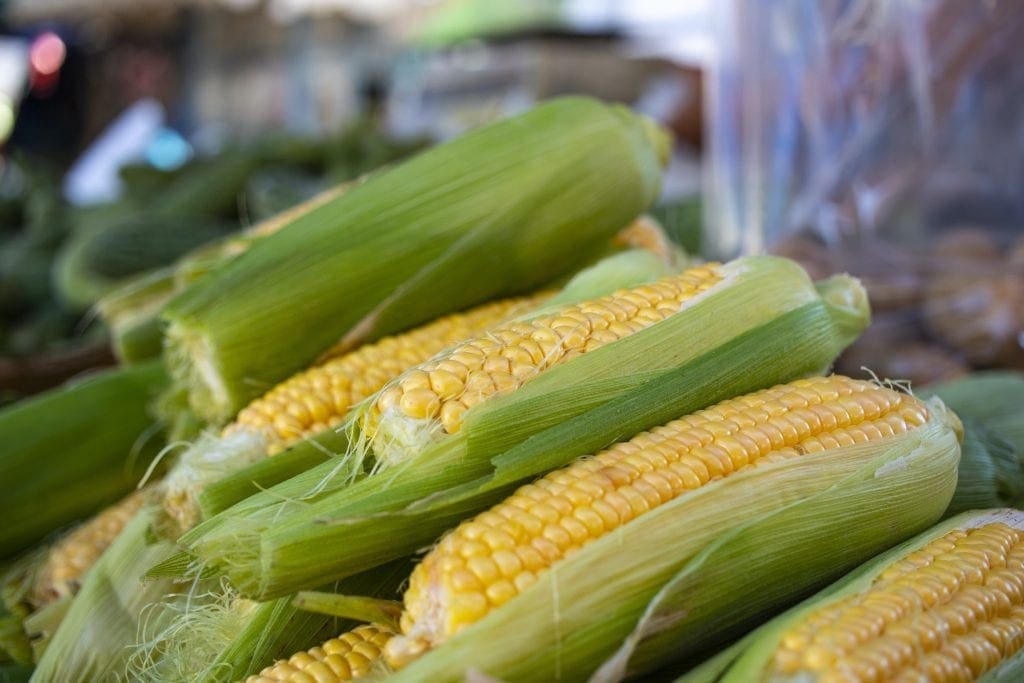
Tomatoes
If you try Jersey vegetables, you can’t skip on the tomatoes–but why are they so good? Well, it’s all about the state’s soil and climate. Farmers have created a plethora of Jersey Tomatoes over the years, even some have familiar nomenclature, like the Rutgers and Ramapo tomatoes. No matter what you’re looking for, from small to large, NJ is sure to have some of the sweetest, most flavorful tomatoes in the entire country. Make sure to buy them from a local farm stand. What you get in the grocery stores will not be nearly as delicious.
There are plenty of ways to eat tomatoes: tossed in a salad, with a sandwich, or even making homemade pasta sauce. You can even try growing them yourself. You’d be surprised how simple they are to grow and how perfect they can turn out.
Make sure to try out some tomatoes from July through mid-September.
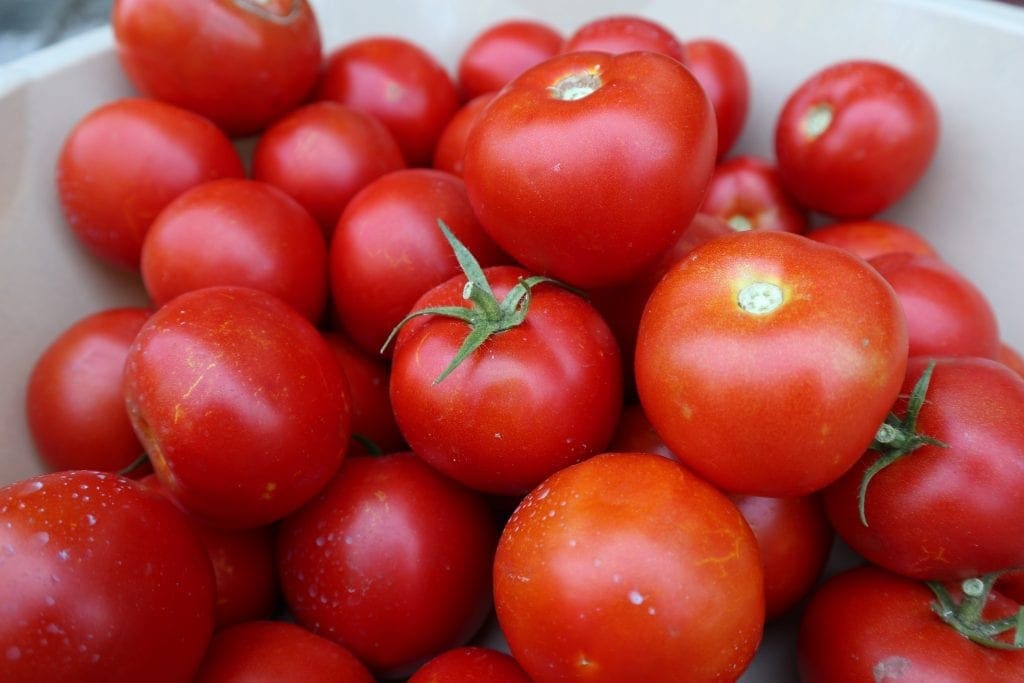
Cucumbers
Crunchy, delectable, and perfect for pickling, you have to try New Jersey cucumbers. Cucumber production mainly exists in southern counties such as Atlantic, Cumberland, Gloucester and Salem, with Gloucester accounting for nearly half of the state’s cucumber farmland. If you don’t live there, fear not; there are plenty of places to get cucumbers across the entire state. There are a wide variety of kinds, such as English, Pickling, Japanese, and more.
Cucumbers perfectly pair with salads, go well on sandwiches, or make for a great snack on its own. I used to love eating cucumbers with just a dash of salt on them–give it a try!
You can get cucumbers at its ripest from July through mid-August.
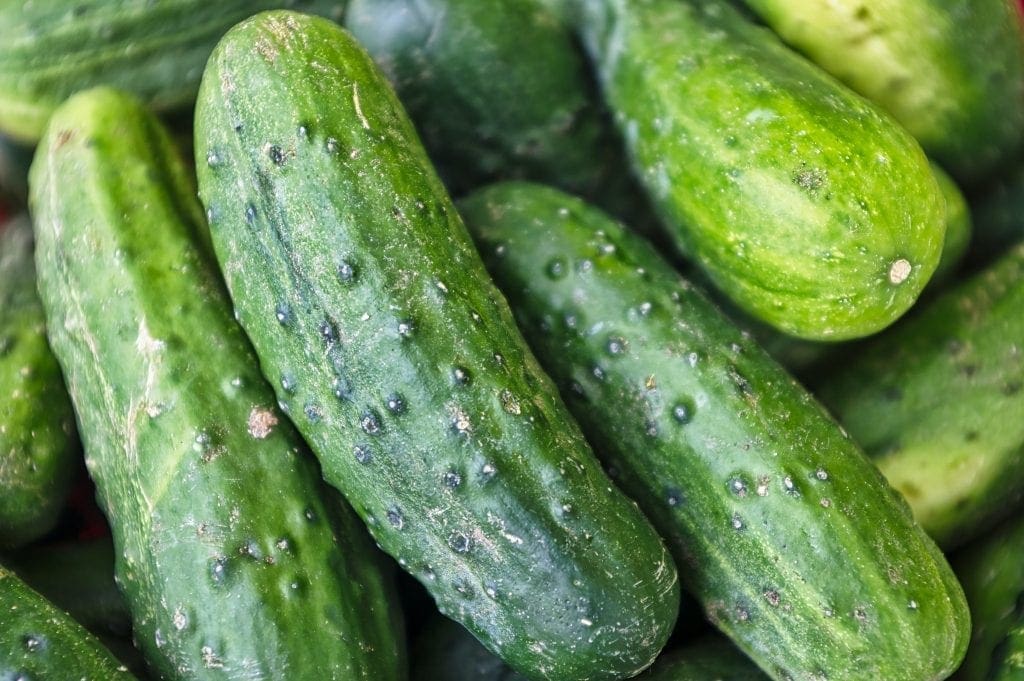
Eggplants
Did you know that New Jersey is the biggest producer of eggplants in the U.S.? Well, according to a 2019 study, it grows 859 acres of the vegetable which means it’s bound to have some extraordinary ones to try. Eggplants come in various shapes, colors, and sizes, each with unique flavors. The most common in the U.S., though, is the purple eggplant.
There are tons of ways to try eggplant, but it is not meant to be eaten raw. From eggplant parmesan to ratatouille, any dish with an NJ-grown eggplant is promised to be impeccable.
Eggplants are usually ready to eat from late July through the end of September.
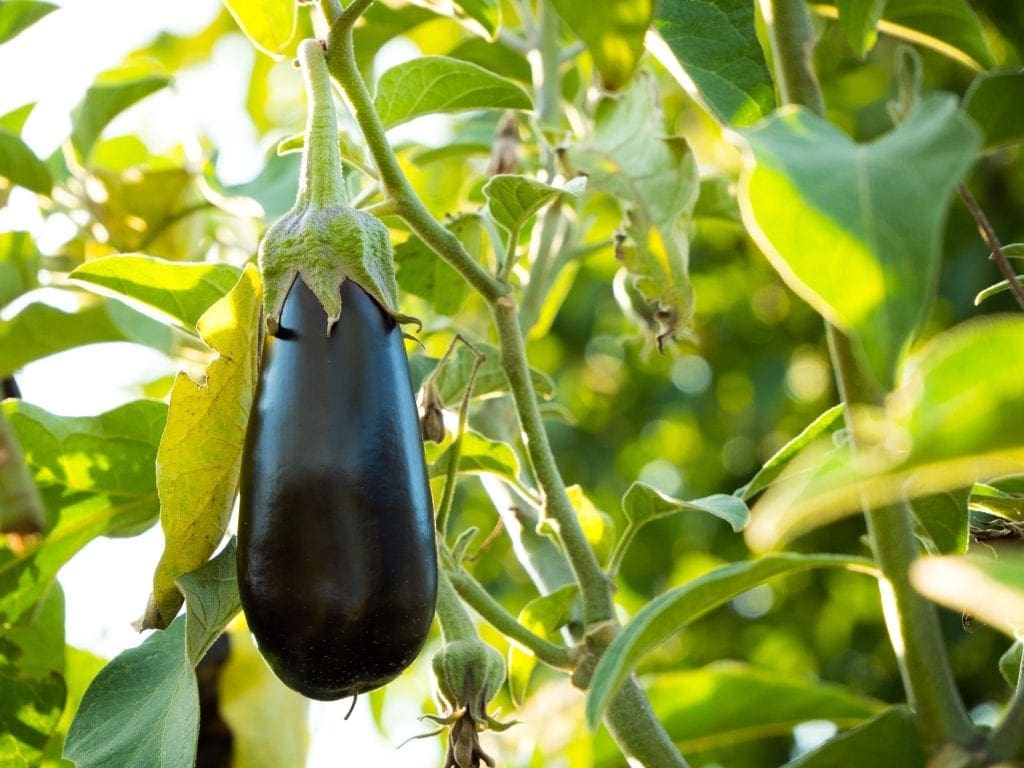
Green Beans
Also known as string beans, green beans are one of the most popular New Jersey vegetables. As one of the nation’s top green bean suppliers, there are sure to be some perfect strands grown here. The plant can grow wrapped around a pole to about two feet tall and yield plenty of beans. The Garden State actually grows about 2,841 green beans per acre.
Green beans can be eaten raw or cooked, such as in the popular green bean casserole eaten during Thanksgiving. Green beans also pair nicely as a side dish, stir-fried, boiled, and more.
You can dig into green beans from late June through late July.
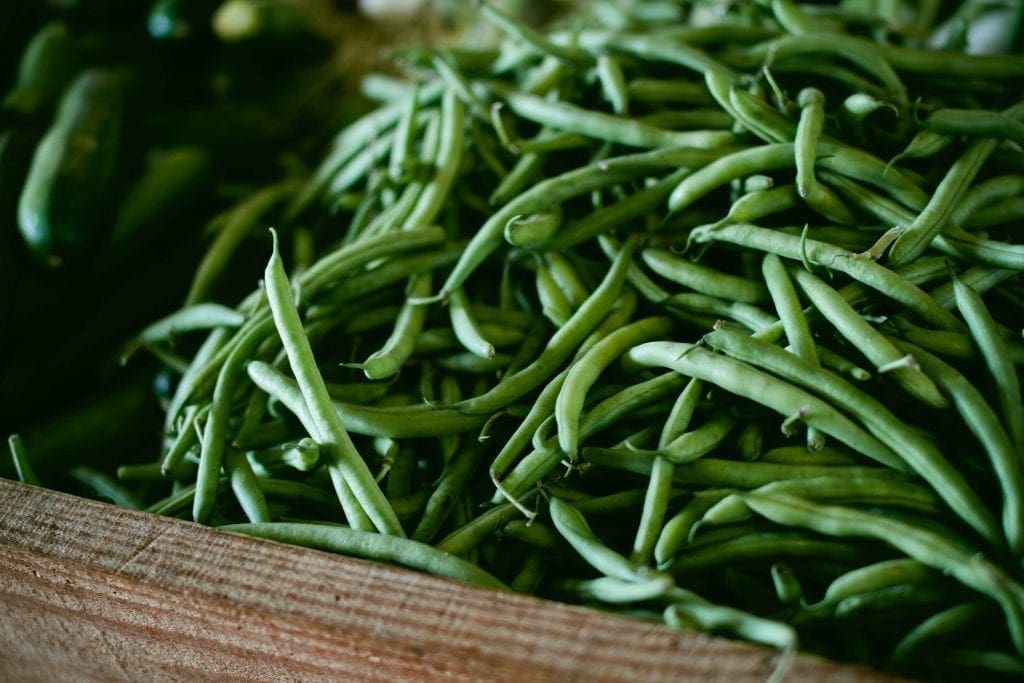
What are your favorite New Jersey vegetables to eat in the summer? Let us know in the comments.
Kayla is a senior communication major at the University of New Haven. When she's not writing, she's keeping up on the latest pop culture news, listening to music, and cooking.
- Kayla Mutchlerhttps://thedigestonline.com/author/kmutchler/
- Kayla Mutchlerhttps://thedigestonline.com/author/kmutchler/
- Kayla Mutchlerhttps://thedigestonline.com/author/kmutchler/
- Kayla Mutchlerhttps://thedigestonline.com/author/kmutchler/


